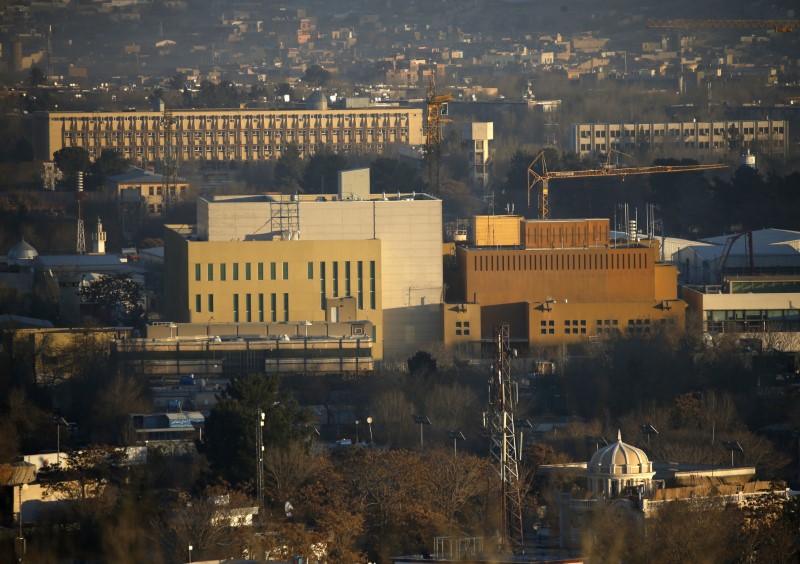WASHINGTON — The United States is cautiously considering the reopening of a consulate in Taliban-controlled Afghanistan, as detailed in a newly released State Department strategy document, first reported by Voice of America (VOA).
This potential move indicates a shift in U.S. policy toward limited engagement with the Taliban regime, focusing on achieving security, political, and economic goals.
The Integrated Country Strategy for Afghanistan, approved in October 2023, outlines U.S. objectives. “With the Taliban, we advocate for consular access, transparency, and accountability for Americans; we also support the work of the Special Presidential Envoy for Hostage Affairs to secure the release of Americans unjustly detained,” the document states.
Following the fall of the republic government in Afghanistan in August 2021, the U.S. closed its embassy in Kabul, ending two decades of military and political involvement in the country. Since then, U.S.-Taliban interactions have primarily occurred in Doha, Qatar, where the U.S. has a charge d’affaires to Afghanistan.
The strategy paper emphasizes, “Even as — and for as long as — the United States does not recognize the Taliban as the legitimate government of Afghanistan, we must build functional relationships that advance our objectives and further our understanding of the Taliban’s readiness and ability to fulfill their commitments to us.”
The U.S. strategy focuses on four key areas: counterterrorism, economic assistance, local engagement, and consular services for U.S. citizens in Afghanistan, including support for Afghans seeking migration to the United States.
The strategy document reaffirms the U.S. commitment to “speak out for the basic rights of the Afghan people, especially women and girls.”
U.S. officials have consistently stated that any normalization with the Taliban, including lifting long-standing sanctions on their leaders, hinges on reversing the Taliban’s repressive policies and establishing an inclusive Afghan government.
The document outlines two core management objectives: “To establish an embassy-in-exile platform in Doha and other locations as determined, and to participate in Return-to-Kabul planning.” This includes recruitment for effective diplomacy, securing resources for engagement, mental health support, strong communications with Doha, and establishing best practices for travel and security in Kabul.





